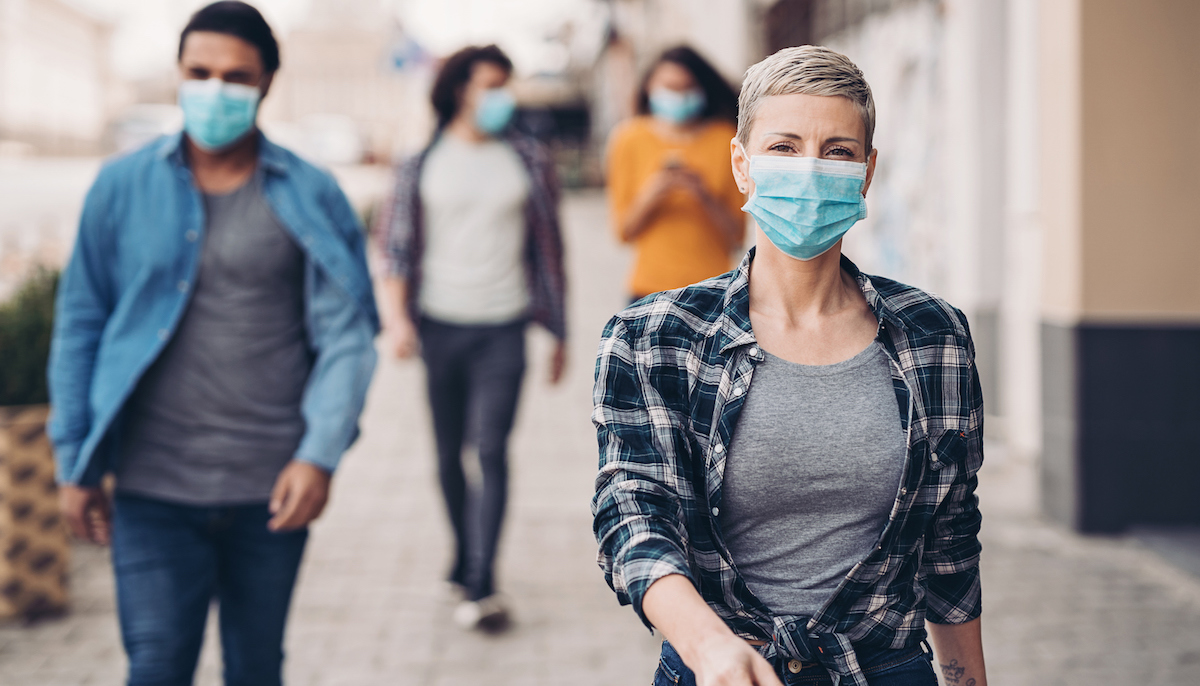<< Back
Study: Risk of Death Doubles Within a Year of Severe COVID if You’re Under 65

December 01, 2021
People under 65 years old who survive severe COVID-19 are more than twice as likely to die in the next year than those who experience mild or moderate illness or remain uninfected, according to a new study in Frontiers in Medicine.
The under-65 demographic had a 233 percent higher risk of death compared to the uninfected, University of Florida researchers found after an analysis of electronic health records of 13,638 patients who had a PCR test at the university’s health system and later recovered. Of those patients, 178 experienced severe COVID, 246 mild or moderate COVID and the remainder tested negative.
Most of the deaths, 80 percent, were not attributed to respiratory failure, blood clotting or other complications associated with COVID-19. Because they died long after a COVID infection, their doctors and families likely never attributed their deaths to the virus.
The increased rate of death was greater among those under 65 than those over 65, the researchers said.
The study suggests severe COVID-19, also known as long COVID, can diminish overall health and expose patients to other serious illness.
Dr. Ajay Kumar, Hartford HealthCare’s Chief Clinical Officer, last year called reports of patients with long-term effects of a viral infection “gut-wrenching” after only the first week of the COVID Recovery Center (860.827.3200), which addresses the coronavirus’ lingering symptoms.
Dr. Subramani Seetharama, medical director of the Hartford HealthCare Rehabilitation Network, earlier this year identified these common symptoms of long COVID, which can last for months after an infection:
- Shortness of breath.
- Chest pain.
- Psychological effects.
- PTSD.
- Depression.
- Sleep dysfunction.
- Brain fog.
COVID-19 vaccines do not prevent all infections, but they greatly reduce the risk of severe illness and hospitalization in breakthrough cases. Most COVID-related deaths are now among the unvaccinated, as are most COVID-related hospitalizations.